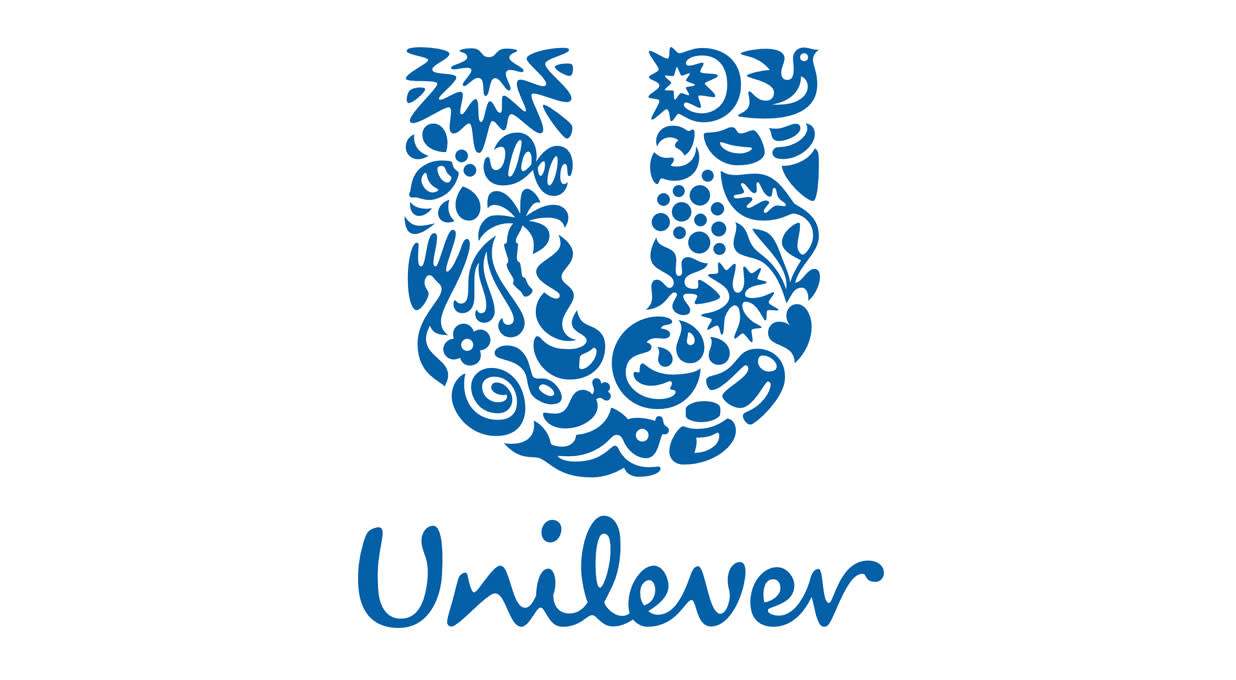Unilever reported first-half revenue of €30.1bn, reflecting underlying sales growth of 3.4%. All business units contributed positively, with Ice Cream growing the fastest at 5.9%.
Underlying operating profits declined 4.8% to €5.8bn, largely due to a step up in advertising spending.
Free cash flow halved to €1.1bn, reflecting lower profits, Ice Cream demerger costs and a planned build-up in inventory amidst the tariff uncertainty. Net debt rose from €25.2bn to €26.4bn.
The Ice Cream demerger and separate listing is expected to complete in mid-November 2025. Unilever will retain a stake of less than 20% in the business for up to five years.
Full-year guidance was maintained, with underlying sales growth of between 3-5% expected.
A quarterly dividend of €0.4528 per share was announced.
The shares were broadly flat in early trading.
Our view
Unilever’s first-half results continue to show good underlying progress as the new CEO aims to drag the group out of its slow growth holding pattern. All business units are contributing positively, with the uplift in sales coming from a healthy mix of both price and volume growth.
Spurring on the next leg of growth won’t be easy amidst the current economic and tariff uncertainty. The demand picture in developed markets is looking fairly soft, so driving sales higher here will require gaining market share. On that front, Unilever is starting to deliver thanks to its recent advertising initiatives – more on that later.
We’re supportive of the group’s sharper focus, which is concentrated on doing fewer things but doing them better. That means spinning off its Ice Cream business and plans to cut costs over the next few years are at the top of the agenda, and so far, we’re impressed with the pace of progress.
The group’s collection of 30 so-called ‘Power Brands’ is its beating heart. These include names like Dove, Domestos, and Hellmann’s, making up over 75% of total sales. We expect continued investment behind these names, with brand and marketing investment now standing at 15.5% of revenue, its highest in a decade.
The outlook on margins for the year remains intact, with the gross margin also reaching its highest level in a decade. This is a clear sign that strategic actions are starting to take effect, and we see potential for expansion in the coming year, despite cost and currency headwinds.
It’s important to consider the indirect effects of tariffs on consumer sentiment and purchasing. We believe Unilever's strong brands and ability to pass on costs should ensure its resilience.
The 3.7% prospective forward dividend yield is currently supported by strong free cash flow and a robust balance sheet. Dependability is an attraction, and we don't see too much upsetting the apple cart here. But, as ever, potential returns can't be relied on.
All in, there are very clear signs that the new management team are making progress and Unilever remains a quality business with attractive fundamentals. If it can deliver on planned cost cuts and spin-off Ice Cream without causing too much damage, then achieving consistent mid-single-digit sales growth is on the cards. The valuation isn’t too demanding, but there is a softer market to contend with, and there’s plenty of execution risk ahead.
Environmental, social and governance (ESG) risk
The retail industry is low/medium in terms of ESG risk but varies by subsector. Online retailers are the most exposed, as are companies based in the Asia-Pacific region. The growing demand for transparency and accountability means human rights and environmental risks within supply chains have become a key risk driver. The quality and safety of products as well as their impact on society and the environment are also important considerations.
According to Sustainalytics, Unilever’s overall management of material ESG issues is strong.
Unilever's latest sustainability efforts followed global reporting standards, with the board overseeing progress and a dedicated committee tracking risks and goals. The company focuses on three main areas: improving planet health, enhancing people’s wellbeing, and fostering social inclusivity, with ambitious targets like 100% recyclable packaging by 2025 and biodegradable ingredients by 2030. However, Unilever faces criticism for its plastic pollution and struggles to meet some of its plastic-related goals, suggesting there's still work to be done.
Unilever key facts
All ratios are sourced from LSEG Datastream, based on previous day’s closing values. Please remember yields are variable and not a reliable indicator of future income. Keep in mind key figures shouldn’t be looked at on their own – it’s important to understand the big picture.
This article is not advice or a recommendation to buy, sell or hold any investment.No view is given on the present or future value or price of any investment, and investors should form their own view on any proposed investment.This article has not been prepared in accordance with legal requirements designed to promote the independence of investment research and is considered a marketing communication.Non - independent research is not subject to FCA rules prohibiting dealing ahead of research, however HL has put controls in place(including dealing restrictions, physical and information barriers) to manage potential conflicts of interest presented by such dealing.Please see our full non - independent research disclosure for more information.


